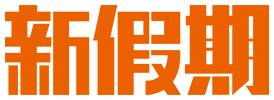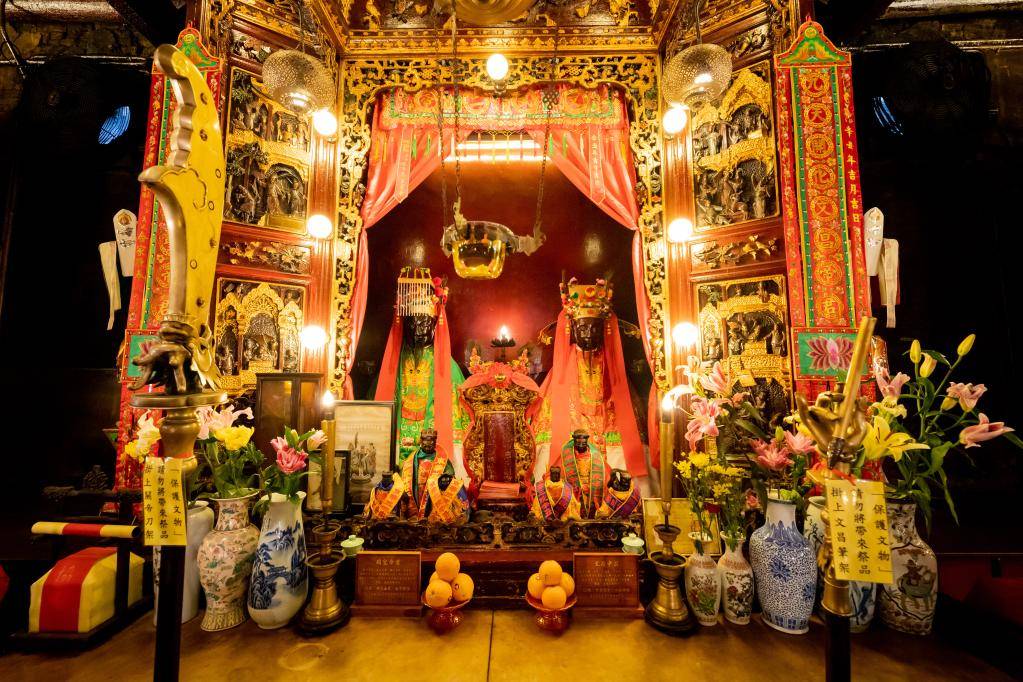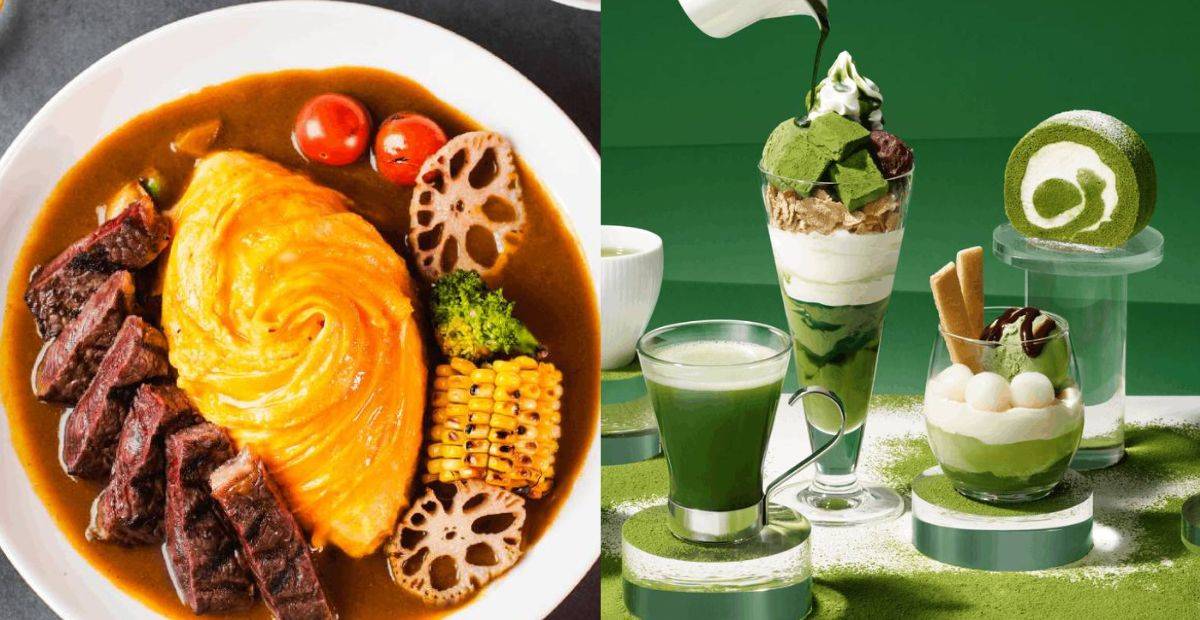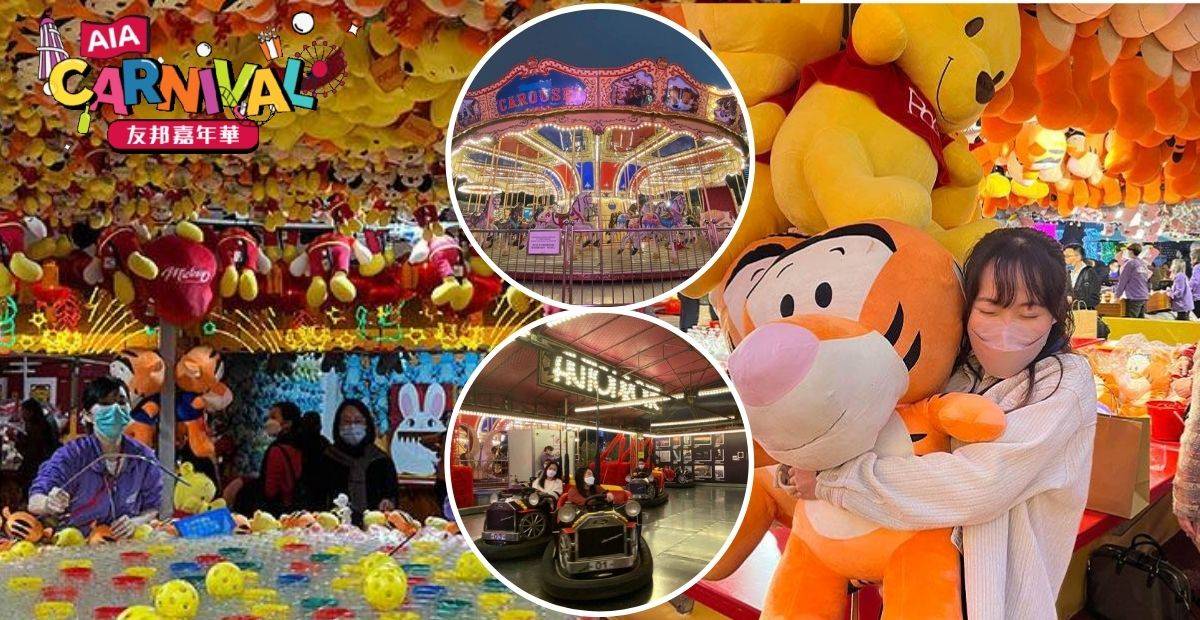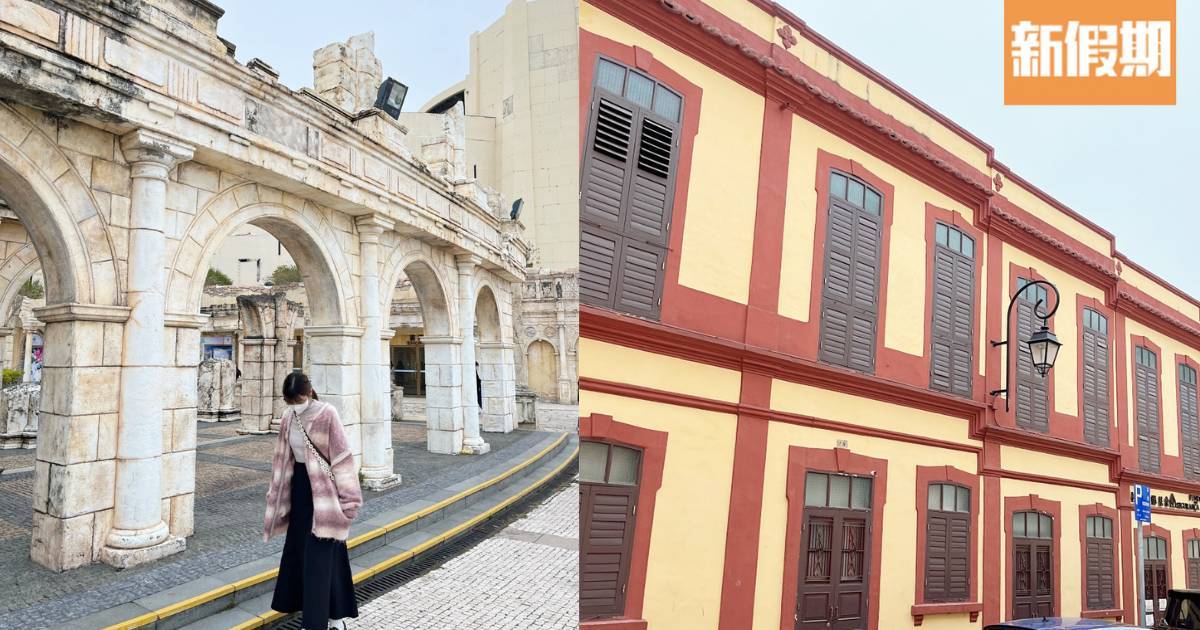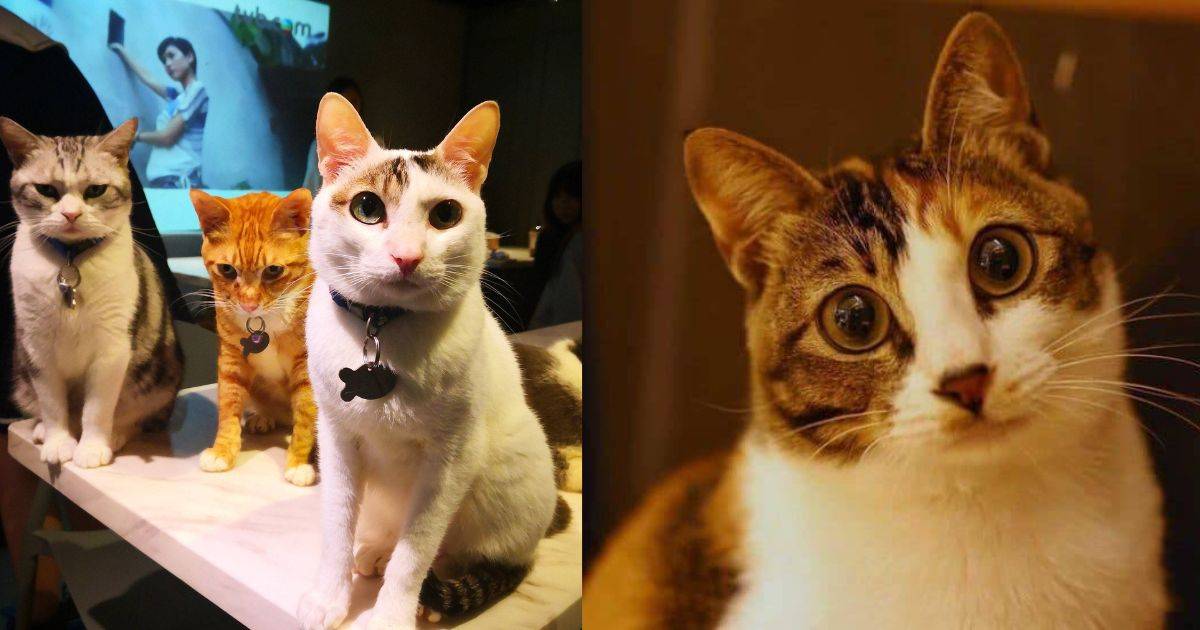Autumn Sacrificial Rites: Traditions and Harvest Blessings
Autumn Sacrificial Rites -秋祭大典
Autumn Sacrificial Rites|Introduction
Autumn Sacrificial Rites|Areas
Autumn Sacrificial Rites|Date
Autumn Sacrificial Rites|Historical evolution
Autumn Sacrificial Rites| Introduction
Every year, in the 9th month of the lunar calendar, the Board of Directors of Tung Wah Group of Hospitals carries out a sacred ceremony at Man Mo Temple on Hollywood Road in Sheung Wan. This ritual is performed to seek blessings for Hong Kong. The ceremony involves raising toasts, presenting offerings, and reciting invocations.
Autumn Sacrificial Rites| Areas
Central and Western District
Autumn Sacrificial Rites| Date
The ninth lunar month
Autumn Sacrificial Rites|Historical evolution
The Man Mo Temple in Sheung Wan was completed between 1847 and 1862, mainly dedicated to the worship of Man Cheong Emperor and Mo Tai Emperor.
Man Cheong Emperor was born during the Jin Dynasty (266-420 AD). It is said that he was in charge of education and the promotion of officials. He holds a giant brush, symbolizing his control over fame and official positions. Mo Tai Emperor, also known as Guan Yu or Guan Gong, was a famous general during the Three Kingdoms period of Shu Han. During the reign of Ming Shenzong (1563-1620 AD), he was conferred with the title “Great Deity Who Subdues Demons in Three Realms, Revered by His Divine Might” and is commonly referred to as Guan Di among the people. He is a symbol of bravery, martial prowess, loyalty, and righteousness. The precious sword he holds represents his exceptional martial arts skills.
The Man Mo Temple served as an important social organization representing local Chinese residents during Hong Kong’s early days as a trading port. It was a place where community members discussed public affairs. The temple’s management committee at that time oversaw local matters, acted as arbitrators, and even established unofficial connections with authorities in Guangdong Province. In 1908, the Hong Kong government enacted “The Man Mo Temple Ordinance,” transferring management of the temple and its properties to Tung Wah Hospital. In 1931, Tung Wah Hospital underwent restructuring and became known as “Tung Wah Group of Hospitals.”
Since 1957, every year on an auspicious day in September according to the lunar calendar, Tung Wah Group of Hospitals holds a grand autumn festival at Sheung Wan’s Hollywood Road Man Mo Temple for disaster relief prayers in Hong Kong.
Where are the Autumn Sacrificial Rites typically held?
he Autumn Sacrificial Rites are typically held at the Man Mo Temple located on Hollywood Road in Sheung Wan, Hong Kong. This historic temple serves as a sacred space for conducting…More Details
What is the Autumn Sacrificial Rites?
The Autumn Sacrificial Rites is a traditional ceremony held annually in Hong Kong to honor ancestors and seek blessings for a bountiful harvest. It is a significant cultural event where participants express gratitude for the abundance of nature and come together as a community. The rituals…More Details

